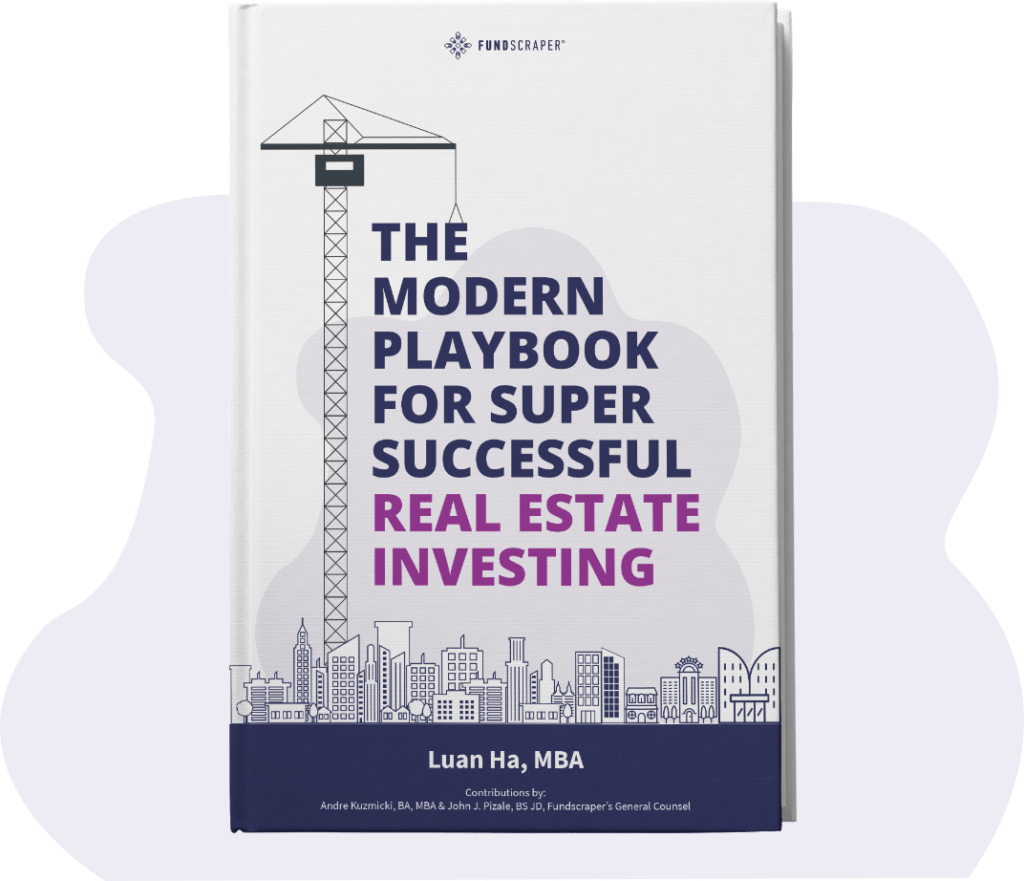Loan-to-value (LTV) is likely the most discussed ratio in real estate lending and mortgage investment circles. Conceptually, it’s a fairly simple concept: the ratio of a loan to the value of an asset purchased with the proceeds of the loan. The ratio is the value of a debt that has been secured against a present value of an asset that has been offered by a borrower as collateral. If in the event the debt has not been repaid, the lender can seize the asset and sell it to satisfy the debt owed.
LTV correlates with the security an investment provides. The general rule of thumb is the higher the interest rate, the higher is the perceived risk of the mortgage investment. Thus, studying the LTV is a common way to assess risk. Let’s walk through how to read LTV like a pro.
Key Points
- Borrowers often insist that their property is worth much more than a lender is willing to accept.
- A lender always approaches a transaction with the conservative view that the potential borrower will default. It’s not a statement about the borrower; it’s simply how lenders assess debt transactions.
- Values are always changing, and the underlying LTV calculations change with them. As the LTV ratio changes, so too does the risk profile of the mortgage investment. Lenders constantly monitor their original LTV calculations against actual LTV values as markets undulate forwards and backwards.
When Is Loan-to-Value Determined?
The LTV ratio is determined at the time the loan is advanced, meaning it’s fixed for the purpose of the loan. As time passes, the actual value of the securitized asset can go up or down. Once the loan is out the door, the value of the lender’s security is subject to the whims of the market. Regardless of which way the value goes, the lender is owed the same amount.
Borrowers often insist that their property is worth much more than a lender is willing to accept.
How Is the Loan-to-Value Determined?
The LTV ratio is the loan amount against the value of the asset. What the “value” of the asset is can sometimes be a difficult matter to determine and have parties agree upon. The borrower will want the asset to have the highest value possible, while the lender will want a conservative value—one that can be easily realizable in the event the lender is forced to sell the asset to pay off the loan.
Borrowers often insist that their property is worth much more than a lender is willing to accept. Lenders complain that borrowers are too greedy and fail to appreciate that the value of their property might not be worth as much as they think if a sale of the property is forced to repay the debt. This problem is most often satisfied by hiring an independent third party appraiser to assess the value of the asset being offered as collateral.
Realization (n): The amount received, in excess or loss, of the adjusted basis of the property.
What Is the Cost of Realization?
All lenders price with a mind to realization. A lender always approaches a transaction with the conservative view that the potential borrower will default. It’s not a statement about the borrower; it’s simply how lenders assess debt transactions.
How easy it is to sell the underlying asset goes directly to the cost of borrowing and will be reflected in the LTV. It may be wonderful to have a debt security on a property that is 40% LTV, but if you can’t sell the property, then it’s kind of meaningless.
The general rule of thumb is the higher the interest rate, the higher the risk of the mortgage investment.
How Is Loan-to-Value Related to Interest Rate?
A high interest rate can mean anything. Interest rates do not rise proportionally to the percentage LTV. The rate is generally determined by the market based on liquidity, the actual LTV as discussed, and the desperation of the borrower. A high rate of interest usually signals a high LTV ratio. However, LTV is a strictly relative value particular to a given market. What’s considered a very good LTV in one market may be horrible in the next.
Can Loan-to-Value Change?
The LTV calculation is generally done only once, at the outset of the transaction. It’s a thorough process that requires time, expense, and expertise. Yet, nothing stands still – markets rise, fall, and are subject to unexpected events. What one may have thought a very conservative investment may suddenly become a very risky investment given events beyond the lender’s/investor’s control.
Values are always changing, and the underlying LTV calculations change with them. As the LTV ratio changes, so too does the risk profile of the mortgage investment. Lenders constantly monitor their original LTV calculations against actual LTV values as markets undulate forwards and backwards.
We invite everyone to share in the opportunities that we create with our borrower clients.
How Do I Get Started?
Loan-to-value might seem like a simple concept to grasp, yet many investors have lost very large sums of money by investing in highly leveraged properties. Don’t let that happen to you! Before you invest in real estate, speak to a qualified advisor who’s an expert in mortgages.
At Fundscraper we review residential and commercial real estate transactions all the time — it’s our “day” job! We work closely with our borrower clients to make sense of the value propositions they advance and do the homework necessary to insure the LTV we determine based on the evidence in front of us is an accurate and safe assessment against which we are willing to risk our money. We can help you invest smarter. Contact us today to learn how mortgages and private real estate can be great investments.
Start Investing in Real Estate Backed Investments Today
Explore the investments available on Fundscraper.










